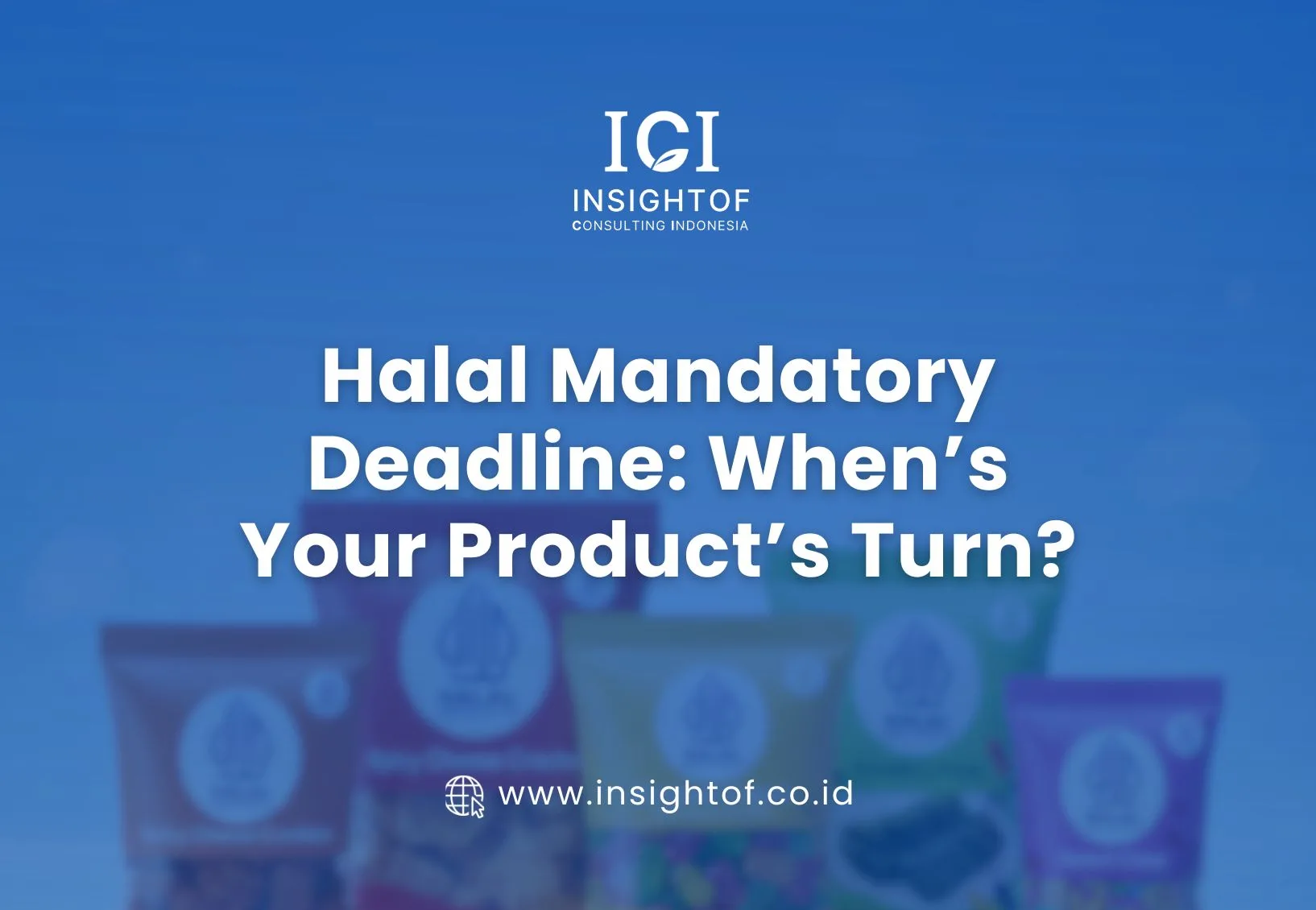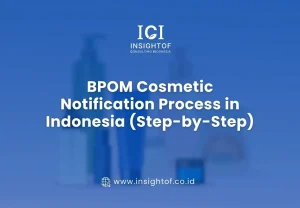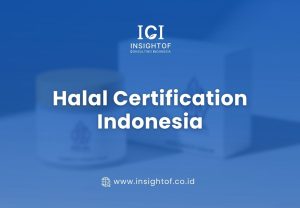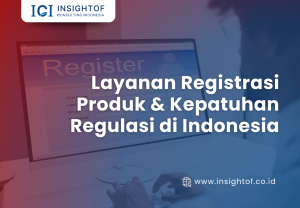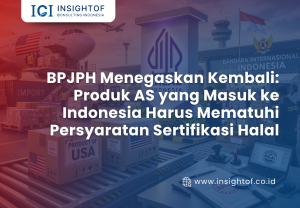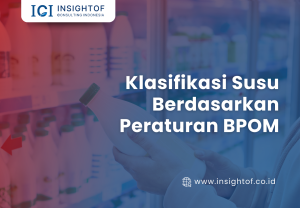As part of Indonesia’s commitment to ensuring product safety and quality for its Muslim-majority population, the government has rolled out a strict, phased implementation for Halal Product Assurance. Under Government Regulation (PP) No. 39/2021 and No. 42 of 2024, mandatory certification is no longer optional—it is a regulatory requirement with specific deadlines based on product type and business scale.
1. Phase 1: Food, Beverages, and Slaughtered Products
The first phase of implementation targets the most critical consumption sectors. The government has adopted a phased approach to allow businesses sufficient time to prepare.
Phased Implementation Timeline: Phase 1
The following table outlines the primary deadlines for the first phase of products.
| Product Type | Deadline |
|---|---|
| Food and beverage products | Oct 17, 2024 |
| Raw materials, food additives, and processing aids for food and beverage products | Oct 17, 2024 |
| Slaughtered products and slaughtering services | Oct 17, 2024 |
Source: Articles 139-140 of Government Regulation No. 39/2021
Extensions for Smaller Businesses and Imports
While the general deadline for large industries was October 17, 2024, the government has provided extensions for specific categories to support compliance.
| Product Category | Business Scale | Mandatory Halal Certification Deadline |
|---|---|---|
| Domestic Food & Beverages | Medium and Large Enterprises | Oct 17, 2024 |
| Domestic Food & Beverages | Micro and Small Enterprises (UMK) | Oct 17, 2026 |
| Imported Food & Beverages | All Business Scales | Oct 17, 2026 |
Who Must Comply?
It is not just manufacturers who must comply. According to the Decree of the Minister of Religious Affairs (KMA) No. 748/2021, the requirement extends to a wide range of food service providers.
| Product Type | Description | Examples |
|---|---|---|
| Providing processed food and beverages | Restaurants | Conventional restaurants, fast-food restaurants, all-you-can-eat restaurants, franchise restaurants, chain restaurants, etc. |
| Canteens / Cafeterias | School canteens, faculty/university canteens, office canteens, dormitory canteens, employee canteens in shopping centers, etc. | |
| Diners (Rumah Makan) | Padang restaurants, buffet-style restaurants, quick-service diners, etc. | |
| Food Stalls (Warung Makan) | Home-based food stalls, Warung Tegal, Warung Pemalang, etc. | |
| Food Tents (Tenda Makanan) | Lamongan food tents, Pecel Lele tents, fried rice tents, satay tents, chicken noodle tents, etc. | |
| Catering Services | Temporary catering (for Hajj, dormitories, companies, public transportation, correctional facilities, etc.) and event-based catering (for weddings, celebrations, concerts, etc.). |
2. Phase 2: Cosmetics, Pharmaceuticals, and Consumer Goods
The second phase covers products that are applied to the body, consumed for health, or utilized in daily life.
Cosmetics
According to Government Regulation (PP) No. 42 of 2024, all cosmetic products are required to obtain Halal Certification starting October 17, 2026. As of May 2025, over 81,343 domestic and 7,558 imported cosmetic products have already obtained certification.
Why the scrutiny? Cosmetics often contain ingredients with high Halal risk.
Halal Risk Points for Cosmetics
| Ingredient Type | Example | Halal Risk |
|---|---|---|
| Collagen & Elastin | Collagen used in skincare | Often derived from pigs or non-halal animals |
| Glycerin (E422) | Soap, moisturizer | May be derived from pork fat |
| Alcohol / Ethanol | Perfume, toner | Alcohol sourced from intoxicating beverages is haram; high concentrations are also problematic |
Phase 2 Deadlines: Pharma, Cosmetics, and Consumer Goods
The timeline for these products is staggered based on their nature and necessity.
| Product Type | Deadline |
|---|---|
| Traditional medicines, quasi drugs, and health supplements | Oct 17, 2026 |
| Cosmetics, chemical products, and genetically engineered products | Oct 17, 2026 |
| Consumer goods (worn): clothing, head coverings, and accessories | Oct 17, 2026 |
| Consumer goods (used): household health supplies, household utensils, Islamic worship equipment, stationery, and office supplies | Oct 17, 2026 |
| Consumer goods (utilized): Class A medical devices | Oct 17, 2026 |
| Over-the-counter (OTC) and limited OTC medicines | Oct 17, 2029 |
| Consumer goods (utilized): Class B medical devices | Oct 17, 2029 |
| Prescription drugs (excluding psychotropics) | Oct 17, 2034 |
| Consumer goods (utilized): Class C medical devices | Oct 17, 2034 |
| Consumer goods (utilized): Class D medical devices | Oct 17, 2039 |
Note: Products like pharmaceuticals, biological products, and medical devices whose raw materials are not yet sourced from halal materials and/or whose manufacturing processes are not yet halal are subject to adjustment.
3. Medical Devices: A Risk-Based Timeline
Since the enactment of Government Regulation No. 42 of 2024, all medical devices (Alkes) are required to obtain halal certification. The timeline is determined by the risk level of the device.
| Medical Device Class | Halal Certification Deadline | Example Products |
|---|---|---|
| Class A (Low Risk) | Oct 17, 2026 | Thermometers, wheelchairs, basic test kits |
| Class B (Moderate Risk) | Oct 17, 2029 | Blood test devices, ultrasound machines, digital sphygmomanometers |
| Class C (High Risk) | Oct 17, 2034 | Orthopedic implants, certain pacemakers |
| Class D (Very High Risk) | Oct 17, 2039 | Artificial heart valves, animal-derived surgical sutures, bone grafting materials, vascular grafts |
Common Halal Risks in Medical Devices
- Inserted into the body: Surgical sutures, artificial heart valves, bone grafting materials.
- In contact with the body: Wound dressings, alcohol swabs.
- Containing animal-derived ingredients: Plastic tubes with animal fat-based plasticizers, or magnesium stearate used as an additive.
4. Enforcement and Sanctions
The Indonesian government, through the Halal Product Assurance Organizing Body (BPJPH), has established clear penalties for non-compliance. According to BPJPH Head Haikal Hasan, there are two types of sanctions:
- Administrative Sanctions: In the form of a written warning.
- Product Withdrawal: Withdrawal from circulation, which can include business closure for products served directly (e.g., in restaurants, cafés) by medium and large-scale businesses.
The “Non-Halal” Label Exception
The government acknowledges that not all medical or biological products currently have halal alternatives. Drug products, biological products, and medical devices that contain non-halal ingredients (or ingredients not yet sourced from halal materials) are still allowed to be distributed and traded in Indonesia, provided that they include a clear “non-halal” label on the product packaging.
Key Takeaway: The era of mandatory Halal certification in Indonesia is well underway. Businesses across all sectors—from food vendors to medical device manufacturers—must be aware of their specific deadlines and take immediate steps to audit their supply chains and secure certification to avoid severe operational disruptions.
Need Help with Halal Certification?
Partner with regulatory experts to navigate Indonesia’s halal certification requirements efficiently. Our team specializes in helping businesses across all sectors achieve full compliance with BPJPH standards and secure their market position
